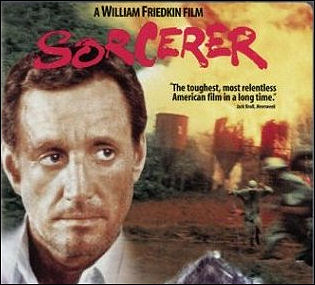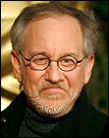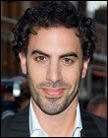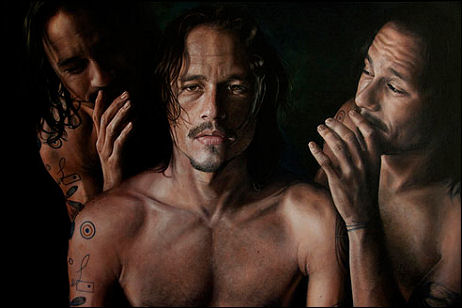“With the pressure to recognize big films declining, the Oscars’ role in movies has become more like that of Oprah’s Book Club in promoting literature: highlighting the obscure, unusual or unexpected.

“‘The academy is more concerned with rewarding the best film now than they ever have been. They’re less concerned with rewarding popular entertainment,” says Sasha Stone, who runs the industry blog AwardsDaily.com.
“That trend expands the eternal disconnect between the tastes of the academy and the tastes of the public. Would even fans of last year’s top box office-earner — Spider-Man 3, which took in $336.5 million — call it the best of the year?
“There Will Be Blood has to have awards success to do anything. It has to prove itself within that landscape,” says Kristopher Tapley, who follows award season for Variety‘s Red Carpet District column. “You can’t ignore that Juno is the biggest (platform release) since My Big Fat Greek Wedding,” the 2002 film that took in more than $240 million.
“No Country for Old Men, which has taken in $61.3 million, ‘is the Coen brothers’ highest-grossing film to date,’ Tapley says, referring to filmmakers Joel and Ethan Coen, known for their offbeat storytelling. ‘So there is obviously box-office bulk to be had (from the Oscars). There is an algorithm there.'”









